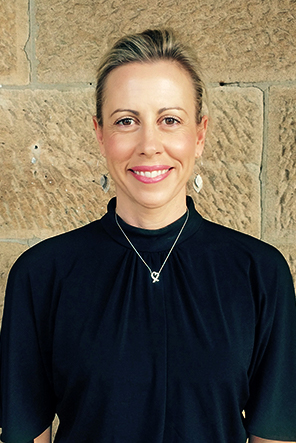A study led by the Centre for Healthy Brain Ageing (CHeBA), UNSW Sydney, has examined epigenetic factors across individuals aged 34-103 years to better understand the secrets to healthy ageing.
Dr Mather, Head of the CHeBA Genetics and Epigenomics Group and a lead author on this paper published in Future Medicine, said that this work investigates exceptionally long-lived individuals who can be seen as exemplars of successful ageing as many have escaped disease or delayed illness until very late in their lives.
While our DNA blueprint does not change with age, ageing and other factors can leave its mark on the DNA in the form of a chemical change called methylation that can alter the activity of our genes. DNA methylation is one example of an epigenetic marker. The biological age of an individual, known as the ‘Epigenetic clock,’ can be calculated from these epigenetic markers.
There are a number of different epigenetic clocks described in the literature, depending upon which markers are used. The Horvath and Hannum et al epigenetic clocks are the best known and this study examined the relationships between these two clocks and exceptional ageing.
Co-Director of CHeBA and co-author on the paper, Professor Perminder Sachdev, said the epigenetic clocks under-estimated the ages of very old individuals (95 years and over) participating in CHeBA’s Sydney Centenarian Study. “This finding supports the view that these individuals are biologically younger than their chronological ages would suggest,” said Professor Sachdev.
“Understanding the reasons for this may well reveal the secrets to their longevity,” he said.
Dr Mather said that future work in CHeBA cohorts will be undertaken to better understand the molecular underpinnings of exceptionally long-lived individuals, which may be useful to design strategies to promote healthy ageing in the general population.
Media contact: Heidi Douglass, Centre for Healthy Brain Ageing,
+61 2 9382 3398, 0435 579 202 | h.douglass@unsw.edu.au


